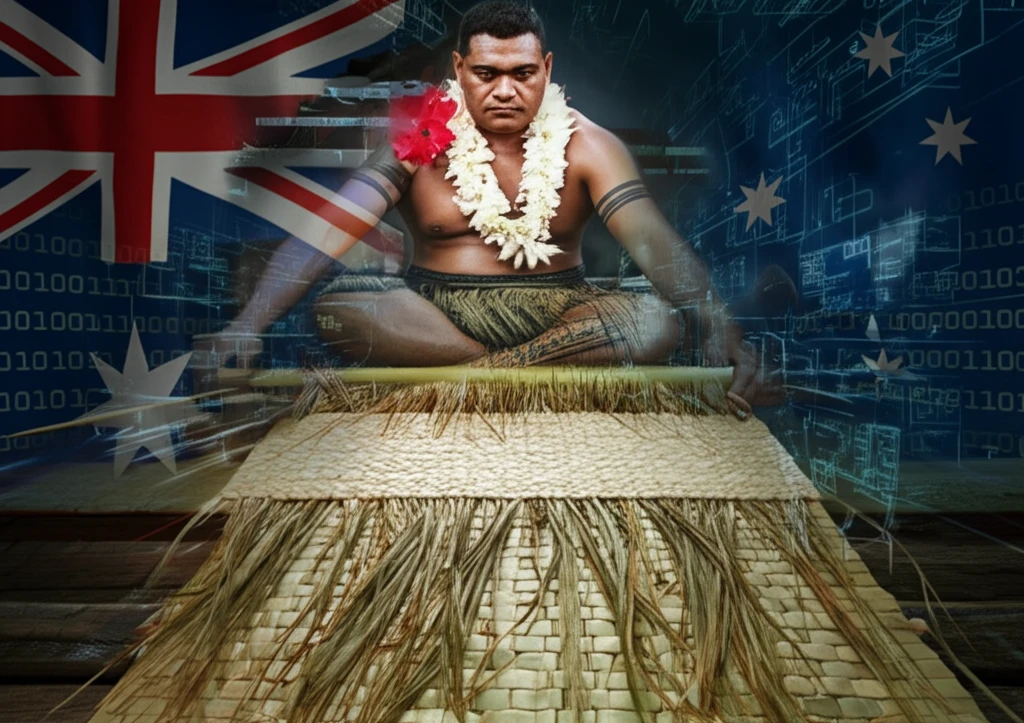
Pacific Power Struggle: How Global Interests Clash Over Indigenous Knowledge
"A Deep Dive into the Complex Web of Intellectual Property Rights, Traditional Knowledge, and Geopolitical Maneuvering in the Pacific Region."
The Pacific region is emerging as a key arena where global powers are competing to protect traditional knowledge (TK) and intellectual property rights (IPRs). This contest involves not only the well-documented tensions between developed and developing nations but also a more nuanced struggle among established regional players such as Australia and New Zealand, and the increasingly assertive European Union (EU).
Historically, Australia and New Zealand have been the dominant influences in the Pacific, particularly in trade and development. However, the EU is now actively engaging with Pacific Island countries, offering technical assistance and alternative frameworks for protecting TK. This engagement is reshaping the dynamics of regional cooperation and raising complex questions about sovereignty, cultural preservation, and economic development.
This article examines the multifaceted dimensions of this evolving power dynamic, exploring the EU's strategic interests in the Pacific, the responses of Australia and New Zealand, and the implications for the indigenous communities whose knowledge and cultural heritage are at the heart of this debate.
Why is the Pacific a Battleground for Intellectual Property?

For decades, Australia and New Zealand have largely shaped the economic and political agenda in the Pacific. Agriculture, dominating their trade strategies, often overshadowed other critical issues such as intellectual property rights. This created a vacuum that the EU is now attempting to fill.
- Secure markets for its pharmaceutical and digital industries.
- Promote its geographical indications (GIs) system, bolstering the market position of member states like France, Spain, and Italy.
- Gain influence in international forums, particularly the World Trade Organization (WTO), by aligning with Pacific Island countries on key issues.
The Future of Indigenous Knowledge in a Globalized World
The struggle for control over traditional knowledge in the Pacific is far from over. As the EU, Australia, and New Zealand continue to pursue their respective agendas, the fate of indigenous communities hangs in the balance. The key to ensuring a just and equitable outcome lies in empowering these communities to define their own terms of engagement, assert their rights, and safeguard their cultural heritage for future generations. Ultimately, the Pacific's experience serves as a microcosm of the broader challenges facing indigenous populations worldwide in an era of increasing globalization and interconnectedness.
